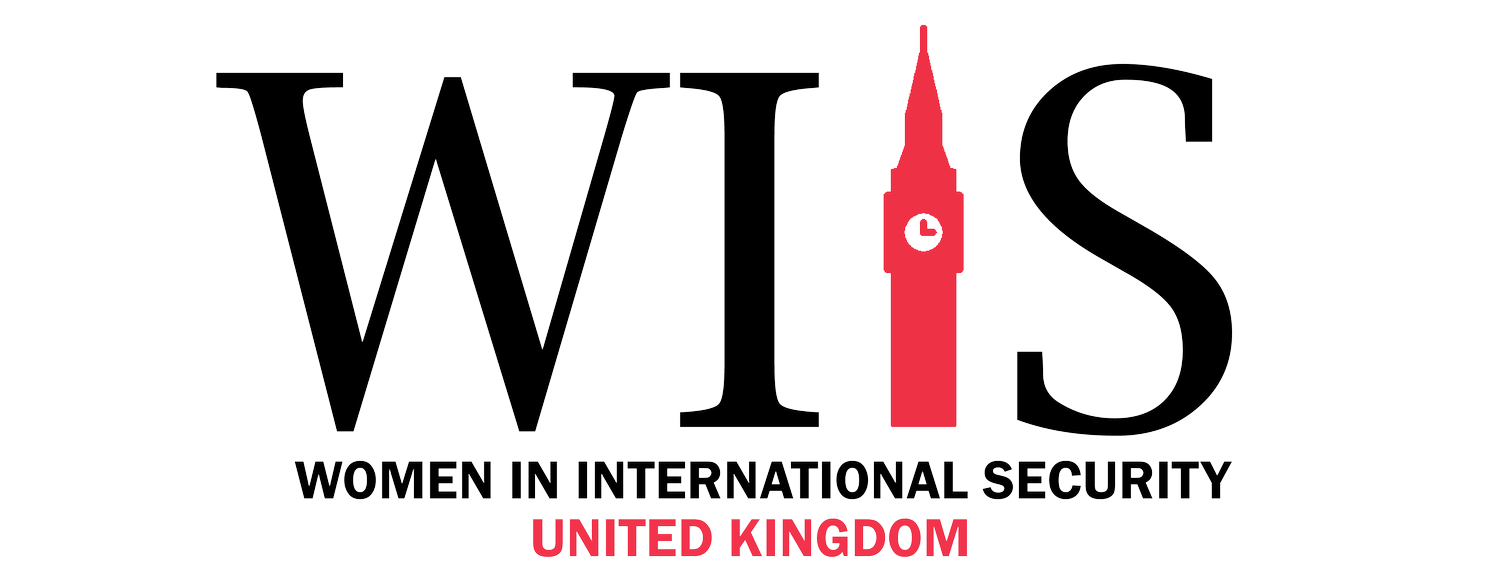Heather Williams
IIn our 3 Questions To series we introduce women working in defence and security. This time we have the pleasure of hearing from Heather Williams who is a Lecturer in the Defence Studies Department and the Centre for Science and Security Studies (CSSS) at King's College London. She is also an Associate Fellow at the Royal United Services Institute (RUSI) and a Senior Associate Fellow with the European Leadership Network. Heather's research tackles a broad range of topics related to nuclear weapons and arms control. She was previously a Co-President of WIIS UK and now serves on our Advisory Committee.
What are you currently working on?
Right now I’m trying to figure out how to save arms control. The New START Treaty between the United States and Russia is due to expire in February 2021, and may be the last agreement of its kind. Obviously this is a policy question, but academic research can help to inform our deeper understanding of arms control and geopolitical competition. Through various research projects and engaging with policy makers, our team at King’s is exploring options for what comes next for arms control and the wider nuclear regime. Will emerging technologies, such as AI, become more valuable than nuclear weapons? Can a tweet start a nuclear war? And how does New Zealand’s experiences with nuclear weapons inform its position on arms control, compared to a country like Poland?
One of my favourite things about this research is engaging with such a diverse mix of people: Monday I might interview a Russian expert for their views on hypersonics, Tuesday I’ll speak to a leader in the disarmament activist community, and Wednesday I get to brief a European government official. I used to have this impression of academia as the “ivory tower” that was somewhat removed from the rest of the world, but that definitely has not been my experience. One of my PhD supervisors told me, “You get to decide what type of academic you want to be.” That was incredibly liberating and exciting because I wanted to work on contemporary policy challenges while also tackling the big first-order questions, like when and why do countries eliminate weapons?
What are the opportunities and challenges of working in your field?
One of the biggest challenges in the nuclear field is our tendency to stovepipe and fall into echo chambers. Based on your views on nuclear weapons or a policy, you usually get put in the “deterrence camp” or the “disarmament camp” or are associated with a specific group of people. To some extent this is natural, but I think it’s a challenge if those camps aren’t talking or have a superficial understanding of each other’s views. Policymakers are often particularly guilty of this and see non-governmental experts, whether in think tanks or academia, as “friend” or “foe.”
I’m currently running a project funded by the MacArthur Foundation specifically targeted at bridge-building and breaking down these silos. It has proven challenging, but I also think it’s one of the greatest opportunities in the field and something not enough people take advantage of. The opportunity to engage with so many different nationalities and perspectives, even in self-isolation, is something we should never take for granted. All those different perspectives make for better research and analysis.
Beyond just the nuclear field, perhaps the biggest challenge for academia at the moment is a trend of anti-intellectualism. Science and facts are more politicized than ever before. Most academics I know are genuinely committed to the pursuit of truth and knowledge, but it isn’t always obvious that society is interested in hearing the outcome of those efforts. This leaves me really concerned about the future of our profession and we need to figure out how to better communicate research findings with the wider public and to rebuild trust.
What advice would you give your younger self?
Write something every day. There are plenty of things you can do to advance your career like networking, find a mentor, and skills development. But there is no substitute for good work. Whether in academia, a think tank, or government, writing and ideas are the main currency, albeit in different formats. I still struggle with writing and wish I had become comfortable with it earlier, kind of like exercising and building up a muscle. When I was younger I had crippling imposter syndrome and anxiety about publishing any of my ideas, so I often just summarized others’ views or imitated their writing style. This can only take you so far. A few things that helped me were the Pomodoro Technique, taking on small writing tasks and building up, and getting feedback from someone I trust. Gradually you find your voice and use it!


